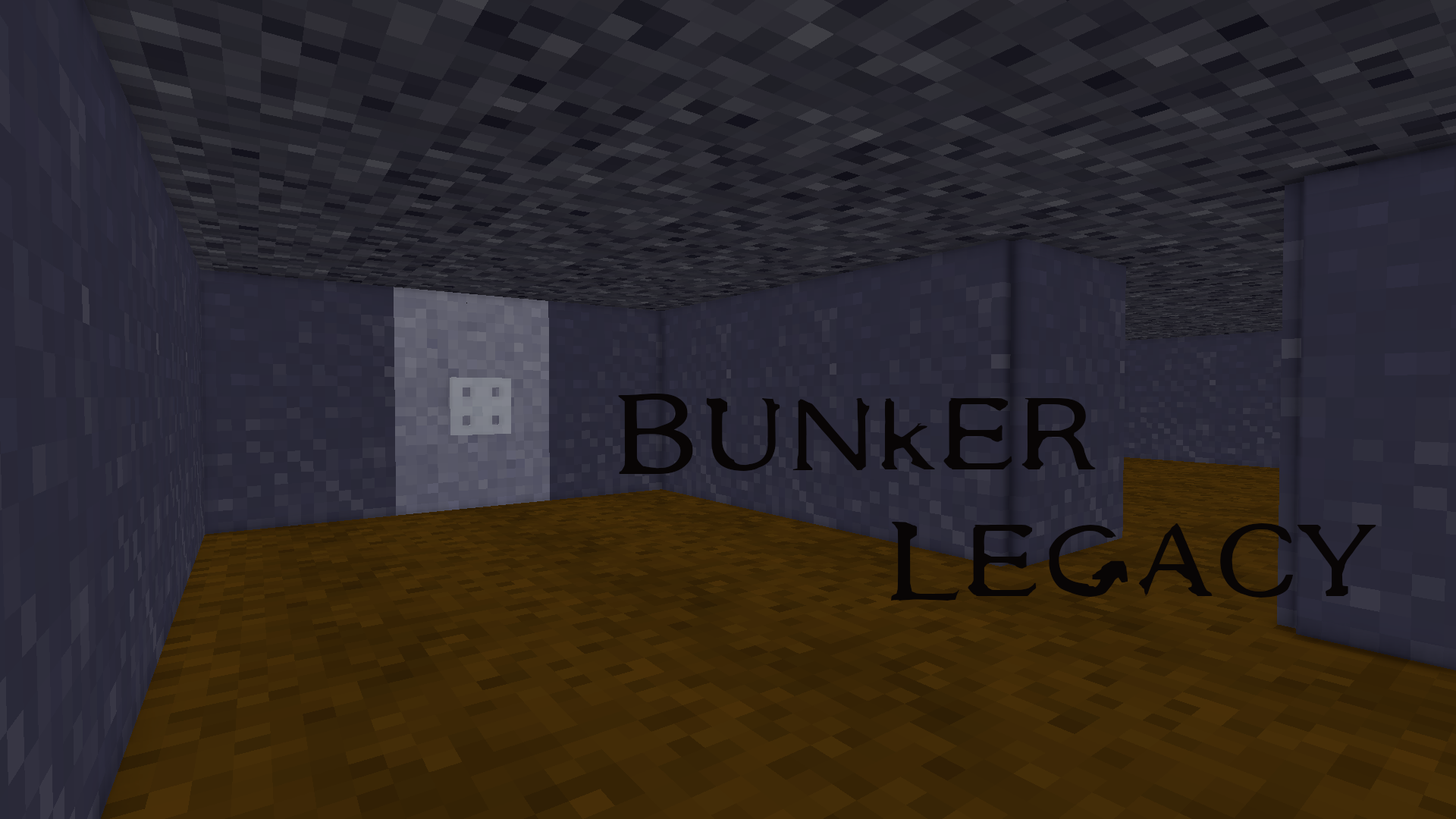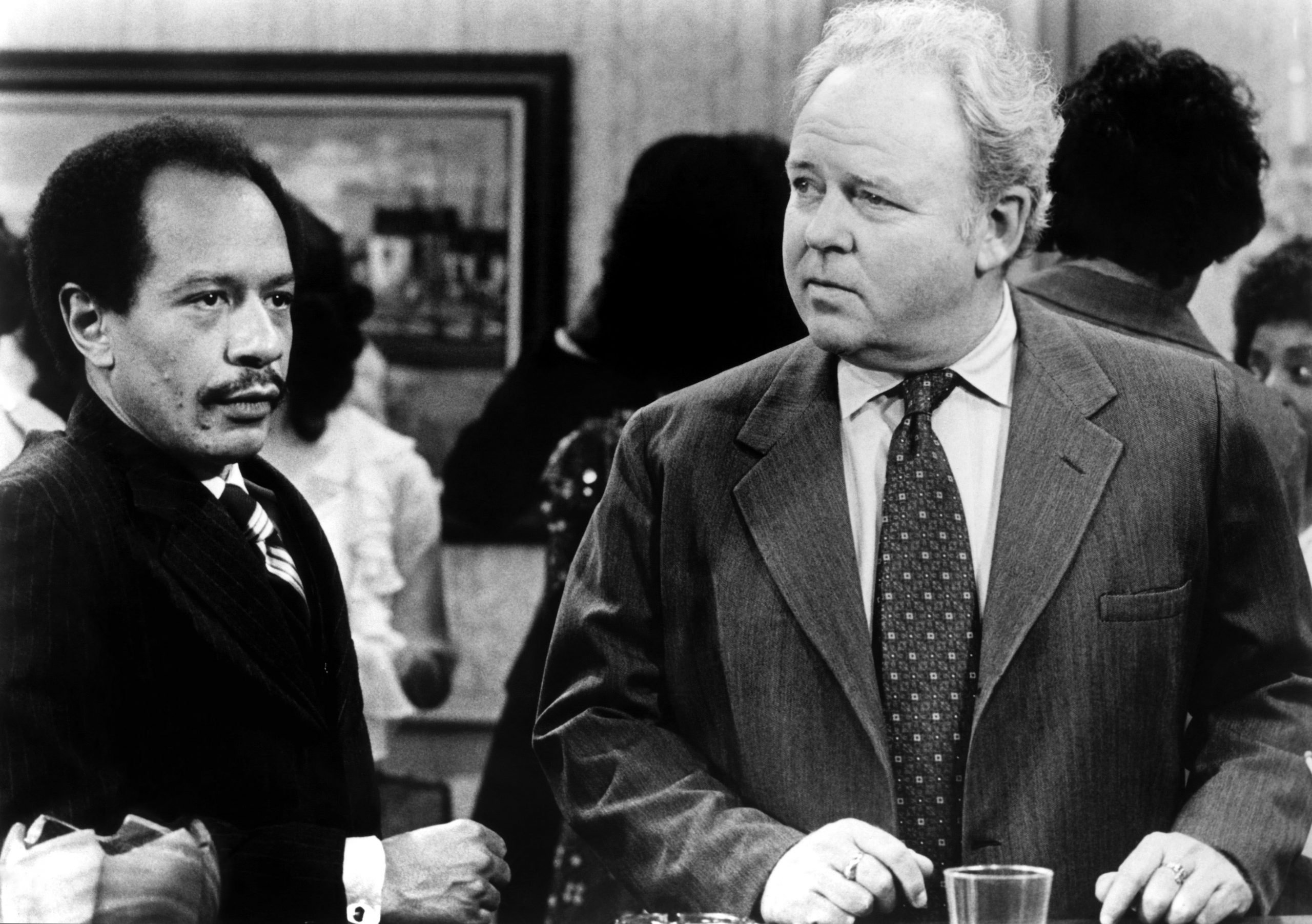Carroll O'Connor: The Enduring Legacy Of Archie Bunker Beyond
When it comes to iconic TV characters, few have left as lasting an impact as Archie Bunker. Played brilliantly by Carroll O'Connor on "All in the Family," Archie wasn't just a sitcom character; he was a mirror reflecting the complexities of American society in the 1970s. This show tackled issues that were often swept under the rug, from race relations to gender equality, all through the lens of Archie's sometimes controversial but always heartfelt perspective. And let's be real, Carroll O'Connor didn't just play a role—he became a cultural icon himself.
Carroll O'Connor was more than just an actor; he was a storyteller who brought depth to every character he portrayed. His portrayal of Archie Bunker wasn't about making people laugh at the expense of others—it was about sparking conversations that needed to happen. Through Archie's gruff exterior and sometimes outdated views, O'Connor delivered a message that resonated with millions of viewers across generations. It was raw, it was real, and it was revolutionary for its time.
What makes Carroll O'Connor's legacy so enduring? It's not just the character of Archie Bunker but the way O'Connor managed to blend humor with humanity. He had this uncanny ability to make you laugh one moment and think deeply the next. His work transcended the boundaries of entertainment, becoming a vehicle for social commentary that still holds relevance today. Let's dive into the world of Carroll O'Connor and explore why his legacy continues to thrive beyond the final credits of "All in the Family."
- Free Remoteiot Platform Ssh Key For Raspberry Pi Download Your Ultimate Guide
- Hdhub4utv Your Ultimate Streaming Destination
Biography of Carroll O'Connor: A Life Beyond the Screen
Before we dive deep into the legacy of Archie Bunker, let's take a moment to get to know the man behind the character. Carroll O'Connor was born on August 2, 1924, in Manhattan, New York. His journey to becoming one of the most celebrated actors in television history wasn't a straight line. Like many great artists, he faced challenges and overcame obstacles that shaped his craft and his perspective on life.
Early Life and Career
O'Connor's early years were marked by a mix of challenges and opportunities. Growing up during the Great Depression, he learned the value of hard work and perseverance. After serving in the U.S. Army during World War II, O'Connor pursued his passion for acting. He honed his skills in theater and television, gradually building a reputation as a versatile and talented actor. His breakthrough came with "All in the Family," but his journey to that point was filled with smaller roles and experiences that prepared him for the spotlight.
Biodata of Carroll O'Connor
| Name | Carroll O'Connor |
|---|---|
| Birthdate | August 2, 1924 |
| Birthplace | Manhattan, New York |
| Spouse | Nancy O'Meara |
| Children | Four children, including Patrick O'Connor |
| Notable Works | All in the Family, In the Heat of the Night |
| Awards | 4 Primetime Emmy Awards, Golden Globe, and more |
Archie Bunker: A Character That Defined a Generation
Archie Bunker was more than just a character; he was a reflection of the times. When "All in the Family" premiered in 1971, it was a breath of fresh air in a world where television often shied away from tackling serious issues. Archie was a working-class man with strong opinions and an even stronger heart. His interactions with his family, particularly his wife Edith and daughter Gloria, created a tapestry of stories that were both entertaining and thought-provoking.
- Camillaxaraujo Leaked The Truth Behind The Viral Sensation
- Doraha Web Series The Ultimate Guide To Indias Hottest Thriller
The Impact of Archie Bunker on Television
Archie Bunker's impact on television cannot be overstated. The show broke barriers by addressing topics like racism, women's rights, and LGBTQ+ issues in a way that made audiences uncomfortable but also encouraged them to think. It wasn't always easy to watch, but that's what made it so powerful. Carroll O'Connor's portrayal of Archie was so convincing that it blurred the lines between fiction and reality, making viewers question their own beliefs and values.
Why Archie Bunker Still Resonates Today
Decades after the show ended, Archie Bunker's relevance hasn't waned. In today's world, where division and debate are more prevalent than ever, Archie's character serves as a reminder that even those with differing views can find common ground. His journey from a sometimes bigoted man to someone who learns and grows mirrors the evolution of society itself. It's a testament to Carroll O'Connor's skill as an actor and the brilliance of the show's writers.
The Art of Portraying Complex Characters
Carroll O'Connor was a master at bringing complex characters to life. Whether it was Archie Bunker or his later role as Chief Bill Gillespie in "In the Heat of the Night," he had a knack for capturing the nuances of human nature. His performances were layered, filled with subtleties that made his characters feel real and relatable.
Tips from Carroll O'Connor on Acting
- Understand the character's motivations and background.
- Bring authenticity to every scene, no matter how small.
- Be willing to take risks and explore different facets of a character.
- Engage with the material deeply to connect with the audience emotionally.
Carroll O'Connor's Influence on Modern Actors
O'Connor's influence extends far beyond his own career. Many actors today cite him as a source of inspiration, praising his dedication to his craft and his ability to convey profound messages through his performances. His work has set a standard for excellence in acting that continues to inspire new generations of performers.
Legacy Beyond Television: Carroll O'Connor's Contribution to Society
While Carroll O'Connor will always be remembered for his work on screen, his impact extends into the realm of social change. Through "All in the Family," he helped pave the way for more diverse and inclusive storytelling in television. His commitment to portraying authentic characters contributed to a shift in how audiences viewed themselves and the world around them.
The Role of Media in Shaping Public Opinion
Media plays a crucial role in shaping public opinion, and Carroll O'Connor understood this better than most. By using his platform to address important issues, he demonstrated the power of television to effect change. His work showed that entertainment can be both enjoyable and educational, capable of sparking conversations that lead to progress.
How Carroll O'Connor's Work Continues to Inspire
Even today, Carroll O'Connor's work continues to inspire. It serves as a reminder of the importance of using our voices to make a difference. His legacy lives on not only in the reruns of "All in the Family" but in the countless stories that have followed in its footsteps, striving to reflect the complexities of the human experience.
Challenges Faced by Carroll O'Connor in His Career
No journey is without its challenges, and Carroll O'Connor faced his share. From navigating the sometimes harsh world of television to dealing with personal losses, he demonstrated resilience and determination throughout his career.
Overcoming Obstacles in the Entertainment Industry
The entertainment industry can be unforgiving, but O'Connor's talent and work ethic saw him through. He faced criticism for his portrayal of Archie Bunker, with some viewers misunderstanding the character's purpose. However, O'Connor remained steadfast in his belief that Archie was a vehicle for change, not a reinforcement of stereotypes.
Personal Challenges and Their Impact on His Work
On a personal level, Carroll O'Connor dealt with the loss of his son, Patrick, which deeply affected him. Despite these challenges, he continued to deliver powerful performances, channeling his emotions into his work. This added a layer of authenticity to his characters, making them even more compelling and relatable.
The Future of Carroll O'Connor's Legacy
As we look to the future, Carroll O'Connor's legacy is secure. His contributions to television and society will continue to inspire and educate for generations to come. The lessons learned from his work are more relevant now than ever, as we strive to create a world that values diversity, inclusion, and understanding.
How Carroll O'Connor's Work Can Guide Us Today
In a world that often feels divided, Carroll O'Connor's work reminds us of the power of empathy and open-mindedness. His portrayal of Archie Bunker teaches us that it's possible to disagree respectfully and to learn from one another. As we navigate the complexities of modern life, these lessons are invaluable.
Continuing the Conversation Started by Carroll O'Connor
The conversation started by Carroll O'Connor through Archie Bunker is far from over. It's a dialogue that needs to continue, with each of us playing a part in fostering understanding and compassion. By embracing the lessons taught by O'Connor's work, we can build a brighter future for all.
Conclusion: Celebrating Carroll O'Connor's Enduring Legacy
Carroll O'Connor's legacy as Archie Bunker is one that will endure for generations. His work not only entertained but also educated and inspired millions of viewers. Through his portrayal of complex characters, he challenged societal norms and encouraged us to see the world through different lenses. His impact on television and society is immeasurable, and his contributions continue to resonate today.
So, what can you do? Share this article with friends and family. Engage in conversations about the issues raised by Carroll O'Connor's work. And most importantly, keep the spirit of empathy and understanding alive. Together, we can honor Carroll O'Connor's legacy by continuing the work he started so many years ago.
Table of Contents
- Biography of Carroll O'Connor
- Early Life and Career
- Biodata of Carroll O'Connor
- Archie Bunker: A Character That Defined a Generation
- The Impact of Archie Bunker on Television
- Why Archie Bunker Still Resonates Today
- The Art of Portraying Complex Characters
- Tips from Carroll O'Connor on Acting
- Carroll O'Connor's Influence on Modern Actors
- Legacy Beyond Television
- The Role of Media in Shaping Public Opinion
- How Carroll O'Connor's Work Continues to Inspire
- Challenges Faced by Carroll O'Connor
- Overcoming Obstacles in the Entertainment Industry
- Personal Challenges and Their Impact
- The Future of Carroll O'Connor's Legacy
- How Carroll O'Connor's Work Can Guide Us Today
- Continuing the Conversation
Article Recommendations
- Emma Anturin The Rising Star Whorsquos Capturing Hearts Globally
- Atticus Shaffer Wife Everything You Need To Know About His Love Life



Detail Author:
- Name : Dean Thiel
- Username : duane.stiedemann
- Email : sam76@hotmail.com
- Birthdate : 1979-10-22
- Address : 417 Boyer Square South Kacieshire, WI 45332
- Phone : 262-912-0505
- Company : Hahn, O'Hara and Buckridge
- Job : Punching Machine Setters
- Bio : Aut ea magni nisi et velit maiores. Et fugit neque beatae. Nesciunt et facere atque id occaecati sunt.
Socials
tiktok:
- url : https://tiktok.com/@magnus4550
- username : magnus4550
- bio : Porro quia assumenda quas atque mollitia totam.
- followers : 5498
- following : 2526
linkedin:
- url : https://linkedin.com/in/crist2001
- username : crist2001
- bio : Earum numquam vel eaque illum atque.
- followers : 501
- following : 2460
twitter:
- url : https://twitter.com/magnus5166
- username : magnus5166
- bio : Architecto iusto sed quasi amet qui omnis ullam. Dolorem impedit ratione dolorum vitae quasi sed. Vel libero eum in animi itaque sint debitis sed.
- followers : 4759
- following : 558
facebook:
- url : https://facebook.com/magnus_crist
- username : magnus_crist
- bio : Occaecati excepturi nihil unde est expedita corporis tempora dolore.
- followers : 5339
- following : 507